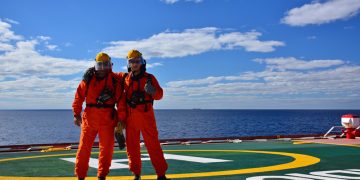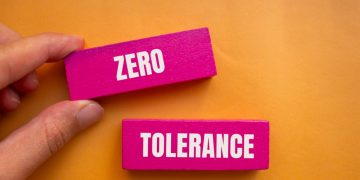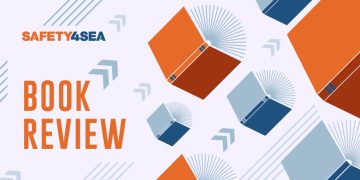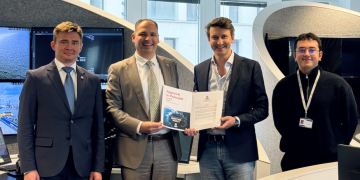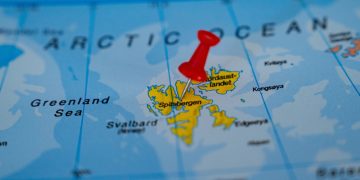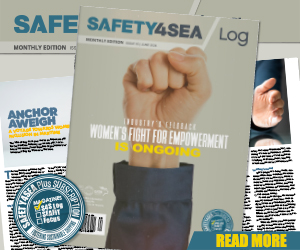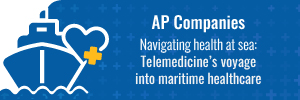IMO Sub-Committee on PPR Outcome
The International Maritime Organization (IMO) held its 1st session of the Sub-Committee on Pollution Prevention and Response, from 3 to 7 February 2014 in London, headquarters. During the Sub- Committee important issues on pollution prevention discussed and measures adopted as follows: MARPOL Annex VI guidelines relating to marine diesel engines agreed Two sets of draft guidelines, concerning the implementation of regulation 13 "Nitrogen oxides" of MARPOL Annex VI, were agreed by the Sub-Committee on Pollution Prevention and Response (PPR), when it met for its 1st session. The regulation requires marine diesel engines installed on ships constructed before 2000 to meet the emission limits and for an Approved Method for that engine to be certified by an Administration of a Party. The Sub-Committee agreed, for adoption by MEPC 66, draft 2014 Guidelines in respect of the information to be submitted by an Administration to the Organization covering the certification of an Approved Method as required under regulation 13.7.1 of MARPOL Annex VI (relating to "Marine Diesel Engines Installed on a Ship Constructed Prior to 1 January 2000"); and draft 2014 Guidelines on the Approved Method process. Definition for emissions of black carbon from international shipping discussed The Sub-Committee discussed the report of ...
Read more









